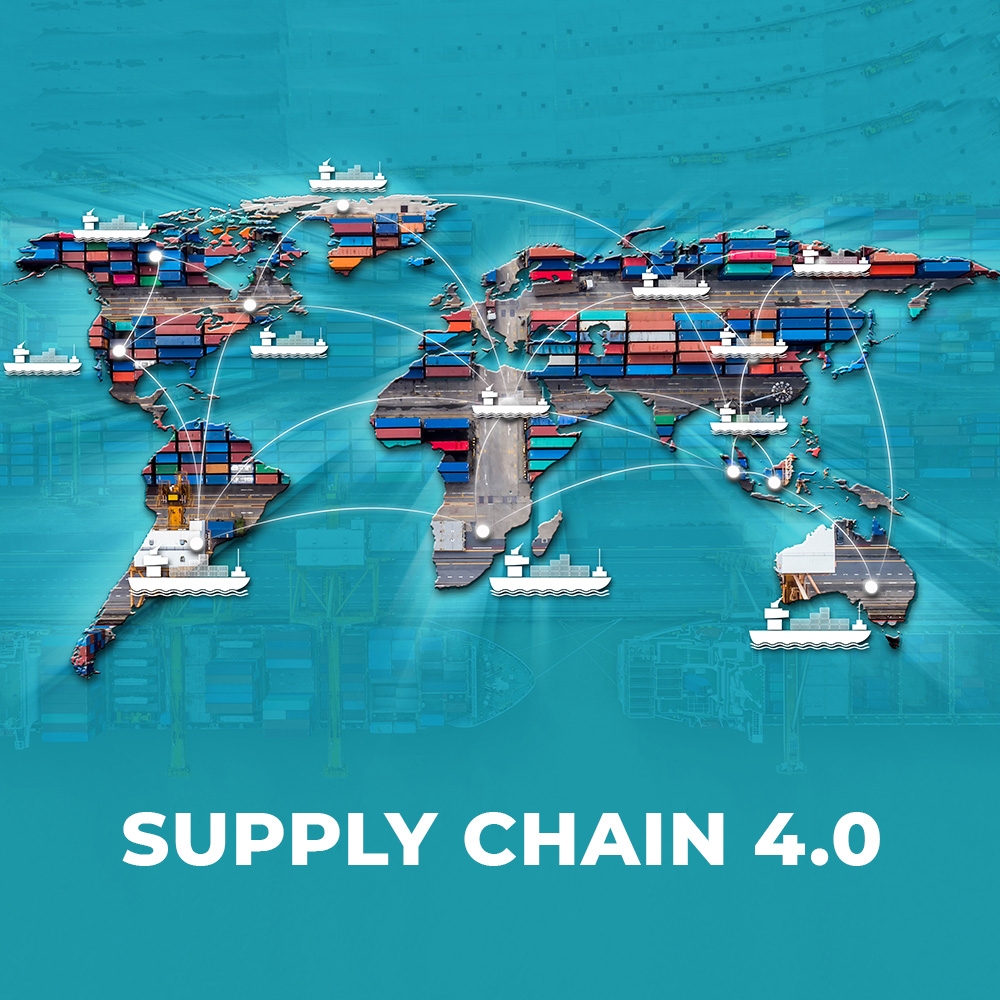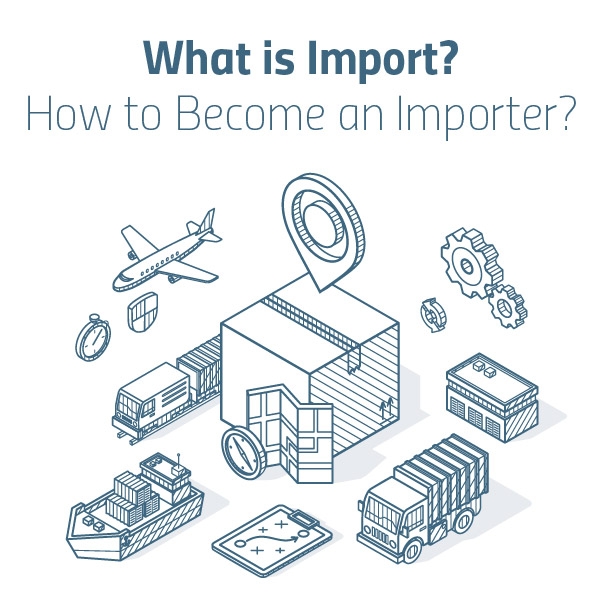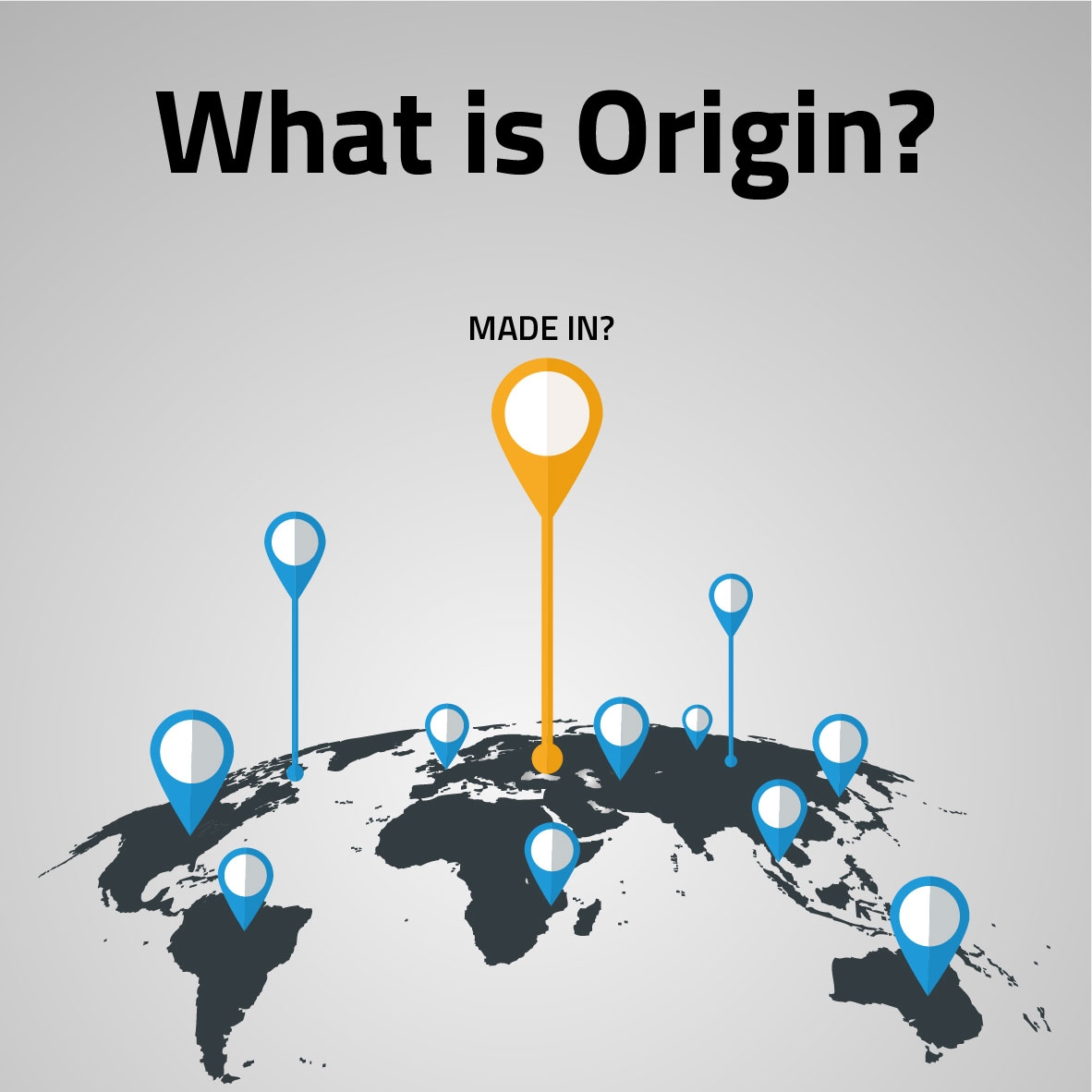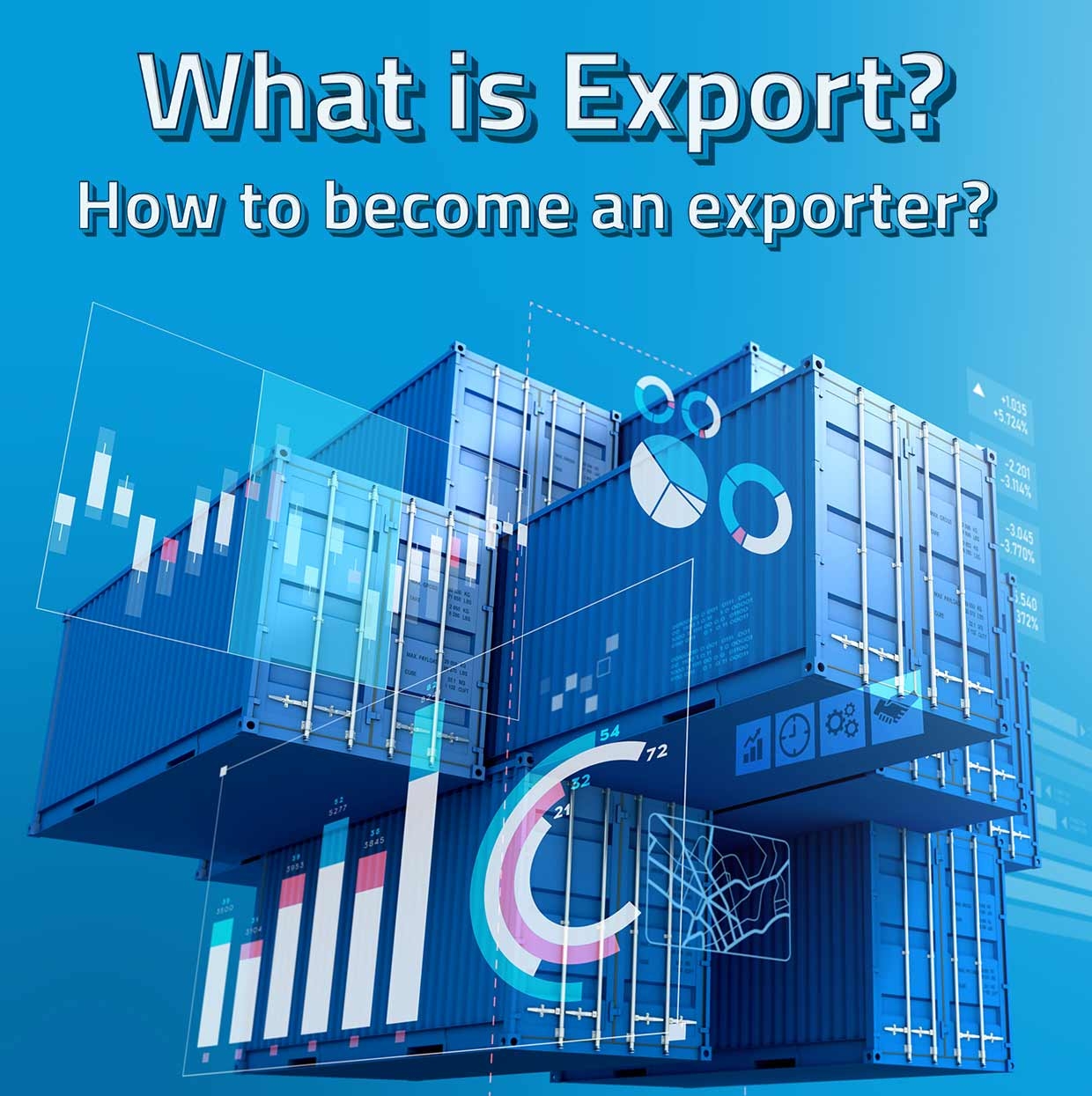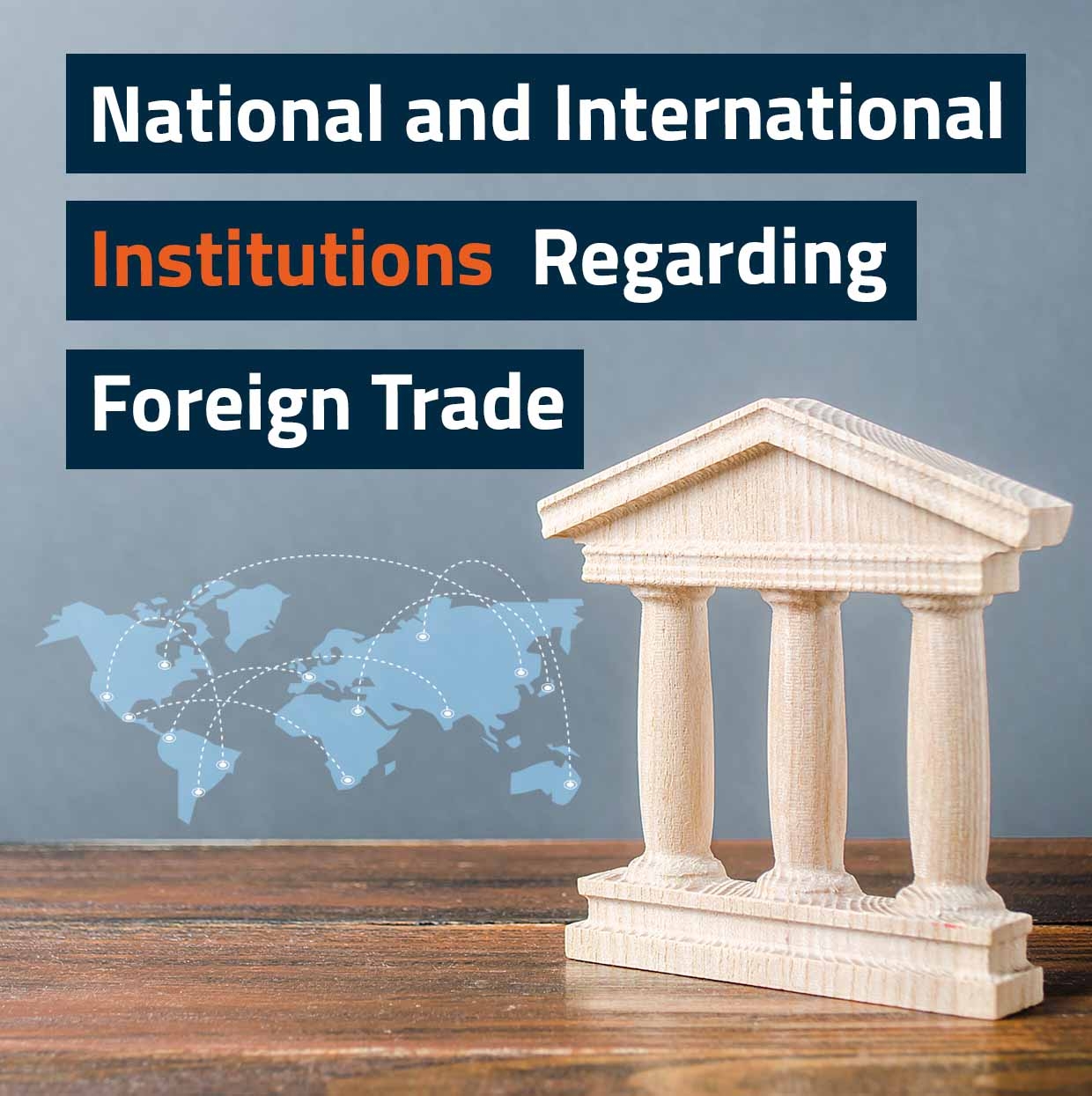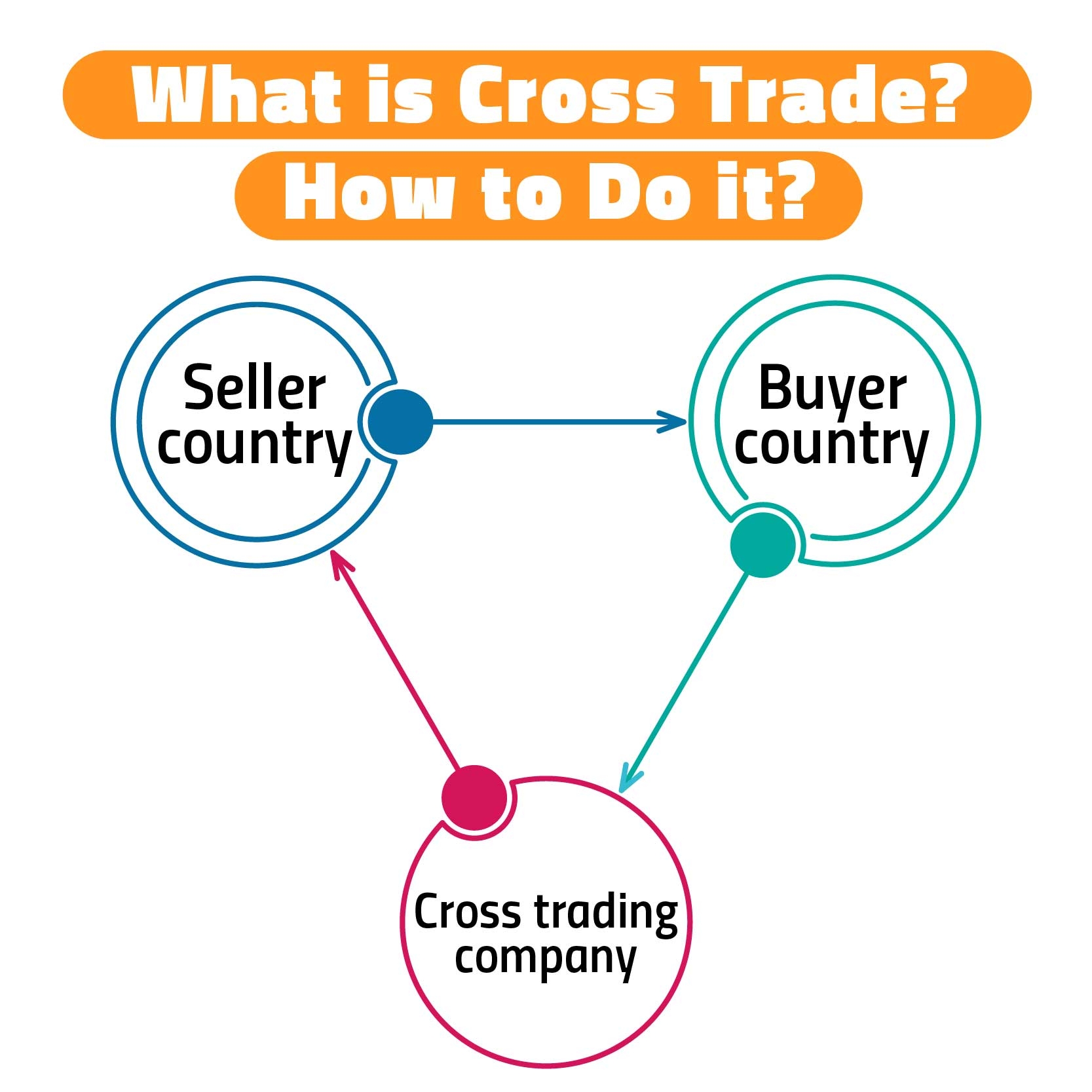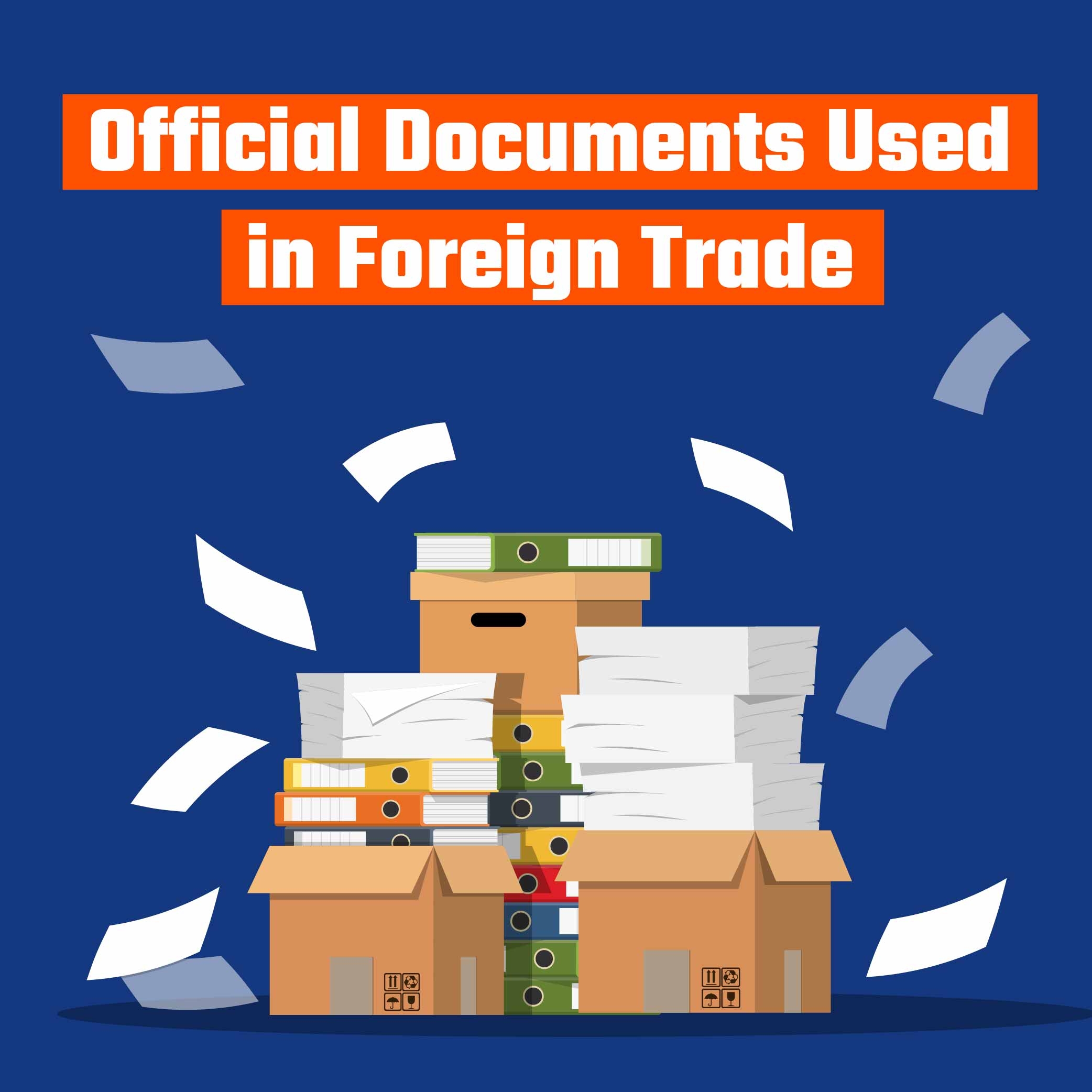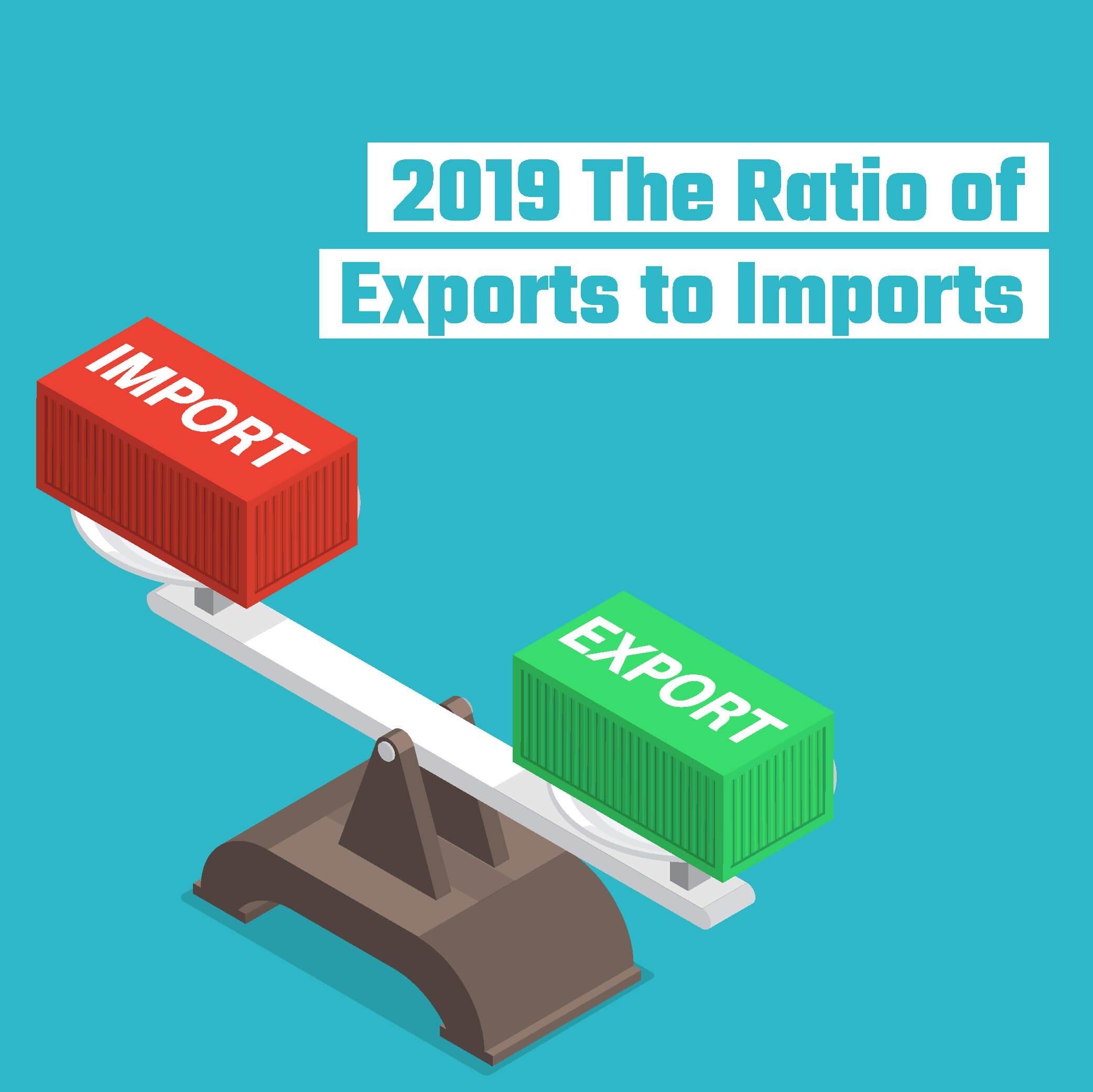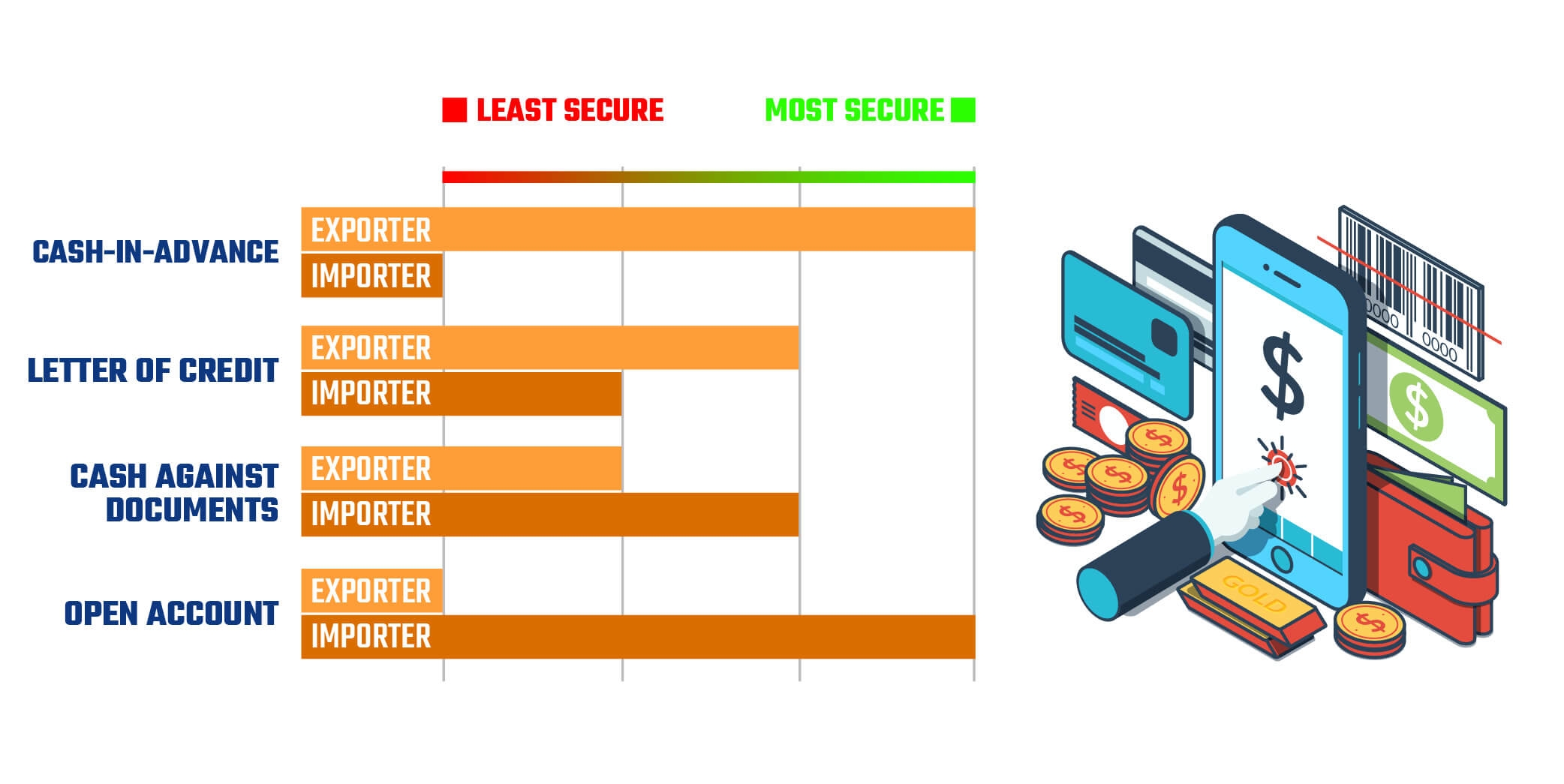On
11 April 1980, the UN Conference on Contracts for the International Sale of
Goods convened in Vienna, the headquarters of the United Nations Commission on
International Trade Law (UNCITRAL), and Contracts for the International Sale of
Goods (CISG) was adopted.
The
purpose of the CISG is to provide a uniform, modern and fair regime for
contracts for the international sale of goods. The
basis in CISG is the freedom of will of the parties and the enforceability of
the contract. In the provisions of the CISG, it has been decided that, within
the scope of the applicability of the agreement, the contracts for the sale of
goods between the parties whose workplaces are in different contracting states
are subject to CISG, unless otherwise agreed, and that the CISG can be applied
to the sales contracts between the parties that are not from the contracting
states.
CISG
regulates the rights and obligations of buyers and sellers whose workplaces are
in different contracting states.
The
content of the Convention is as follows:
·
Sphere of Application and
General Provisions
·
Formation of the Contract
·
Sale of Goods
§ General
Provisions
§ Obligations
of the Seller
1. Delivery
of the Goods and Handing Over of Documents
2. Conformity
of the Goods and Third-Party Claims
3. Remedies
for Breach of Contract by the Seller
§ Obligations
of the Buyer
1. Payment
of the Price
2. Taking
delivery
3. Remedies
for Breach of Contract by the Buyer
§ Passing
of Risk
§ Provisions
Common to the Obligations of the Seller and of the Buyer
1. Anticipatory
Breach and Instalment Contracts
2. Damages
3. Interest
4. Exemptions
5. Effects
of Avoidance
6. Preservation
of the Goods
· Final
Provisions
Although
the definition of the sales contract is not made in the CISG, the contracts for
the supply of goods to be manufactured or produced in accordance with Article 3
are considered as sales contracts. Contracts for the sale of services and the
relationship between the producer and the end consumer are not regulated in the
CISG.
This
Convention does not apply to sales according to Article 2:
· of
goods bought for personal, family or household use, unless the seller, at any
time before or at the conclusion of the contract, neither knew nor ought to
have known that the goods were bought for any such use;
· by
auction;
· on
execution or otherwise by authority of law;
· of
stocks, shares, investment securities, negotiable instruments or money;
· of
ships, vessels, hovercraft or aircraft;
· of
electricity.
As
of April 2021, 94
countries are party to the CISG.
In
case the law to be applied in the goods sale contracts is not clearly stated,
there is a gap in the contract regarding the matters within the scope of CISG,
or if the country that signed the contract within the scope of the determined
law is one of the CISG party countries, the provisions of the CISG must be
applied by the domestic law judge as a rule. In order for the CISG rules to be
applicable, the opposite of the relevant rule must not be regulated in the
contract, or it must not be regulated at all. For this reason, it should be
clearly stated on which rules the contracts of sale of goods are subject to.
Subjects
outside the scope of application of CISG are regulated in Articles 4, 5 and 6.
According to article 4 of the contract, the validity of the contract or its
provisions or practices and the possible effects of the contract on the
ownership of the goods sold are outside the scope of application, unless there
is a contrary regulation. According to Article 5, it does not apply to the
responsibility of the seller arising from the fact that the goods cause death
or injury to a person. According to Article 6, the parties may decide not to
apply the CISG, but without prejudice to Article 12, they may make exceptions
to its provisions or change the effects that may arise from its provisions.
Article
31 of the CISG regulates the delivery obligation and the place of delivery.
According to this article, if the contract of sale requires the carriage of the
goods, the seller is obliged to deliver the goods to a carrier. If the seller
does not require the goods to be transported according to the contract of sale,
the seller must make the goods available to the buyer. If the goods are to be
produced in another place or if the goods have to be taken from a certain
place, the goods are left in a suitable place for the buyer's disposal and the
delivery conditions are fulfilled.
Article
33 of the CISG regulates the delivery time of the goods. In addition, the
documents regarding the carriage should be issued by the seller and the buyer
should be notified in accordance with CISG Article 32. There is no regulation
in the CISG for insurance and transportation costs.
Article
35 of the CISG regulates the delivery of goods in accordance with the contract.
Except where the parties have agreed otherwise, the goods do not conform with
the contract unless they:
· are
fit for the purposes for which goods of the same description would ordinarily
be used;
· are
fit for any particular purpose expressly or impliedly made known to the seller
at the time of the conclusion of the contract, except where the circumstances
show that the buyer did not rely, or that it was unreasonable for him to rely,
on the seller's skill and judgement;
· possess
the qualities of goods which the seller has held out to the buyer as a sample
or model;
· are
contained or packaged in the manner usual for such goods or, where there is no
such manner, in a manner adequate to preserve and protect the goods.
According
to article 66, the loss or damage of the goods after the risk has passed to the
buyer does not relieve the buyer from the obligation to pay the price, unless
it is due to an act or omission of the seller.
According
to Article 67, if the goods have to be transported and the seller is not
obliged to deliver the goods at a certain place, the damage passes to the
buyer's responsibility by giving it to the first carrier. If the seller is
obliged to deliver the goods at a certain place, the damage passes to the buyer
only after the goods are left at a certain place. In addition, for the
implementation of this rule, the goods must be distinguished, that is, they
must be subject to a variety debt.
Since
the CISG is a set of substitute legal rules, the provisions agreed by the
parties are valid instead of the CISG provisions. The fact that some provisions
in contracts for the sale of goods are arranged in a way that does not comply
with CISG can lead to confusion by preventing adherence to a uniform rule. Harmonization
of the relevant laws in the domestic laws of the party countries with the CISG
may be beneficial in preventing these confusions.
It is very easy to reach importers and exporters all over the world directly with TradeAtlas! TradeAtlas is a global importer and exporter search engine that contains 1.5 billion bills of lading and shipment details data of 17 million importer companies in more than 230 countries around the world. TradeAtlas is with you to accompany you in taking steps towards becoming a more important part of global trade! To become part of the global ecosystem, you can register and search for free by clicking here.







